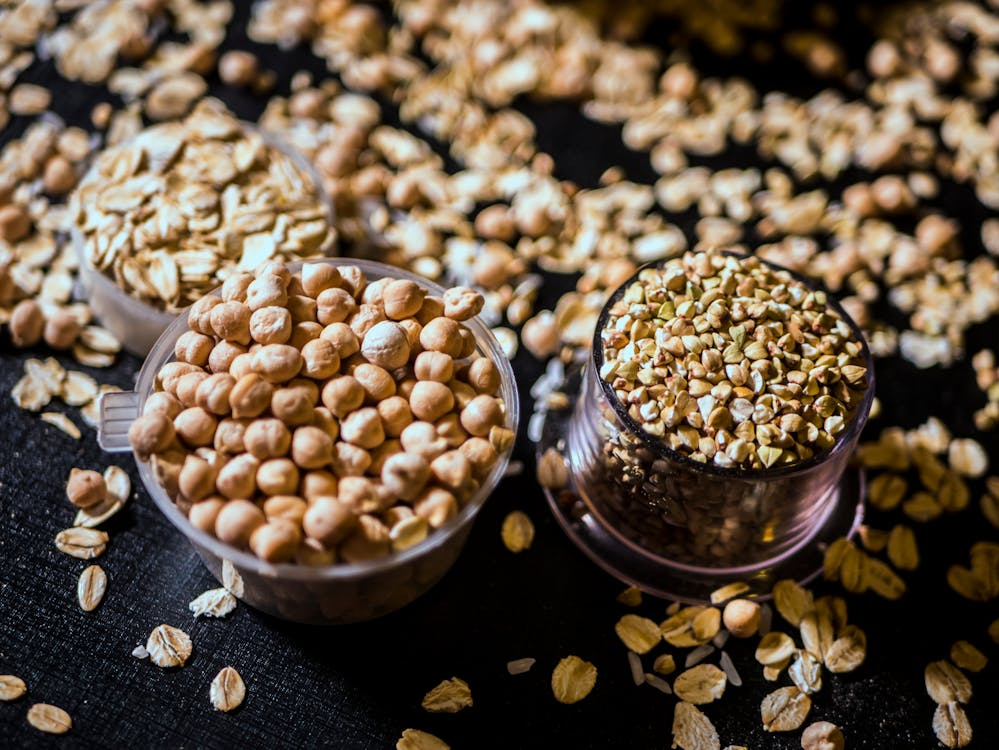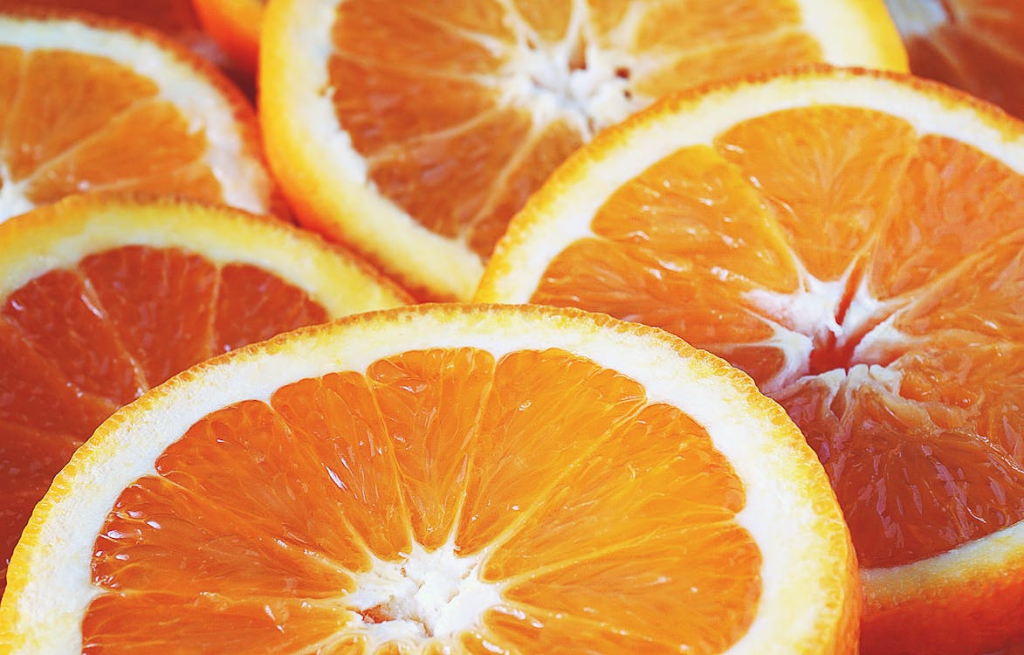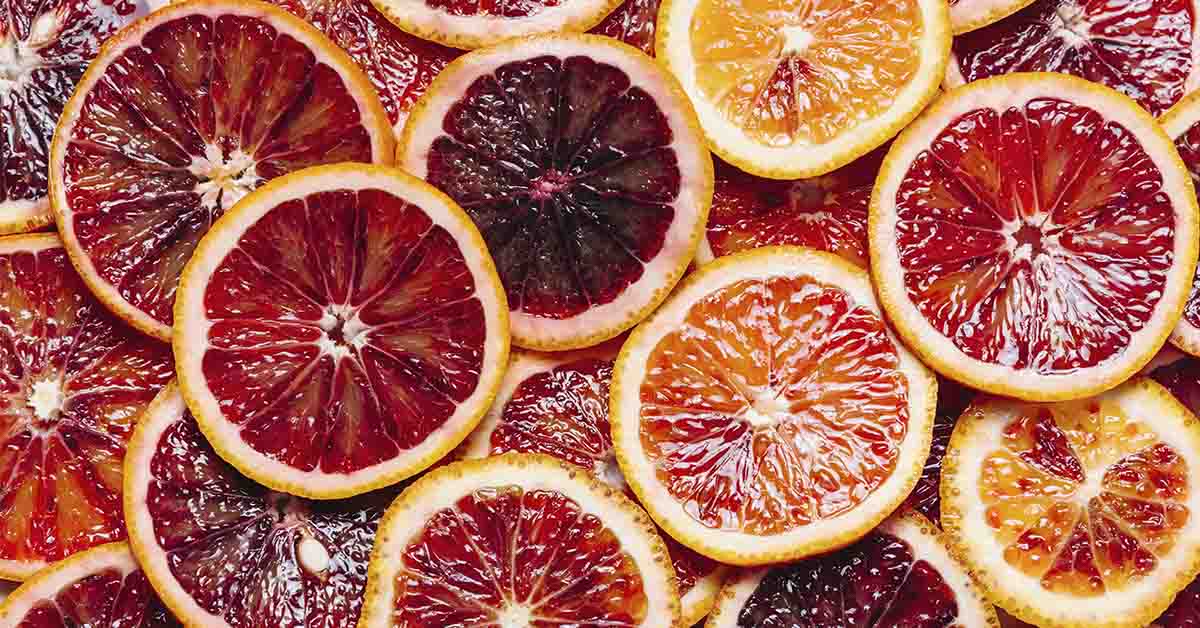Cashews, almonds, and Brazil nuts provide significant amounts of magnesium, along with healthy fats and proteins. Studies show that magnesium from foods is absorbed more efficiently than synthetic supplements due to slower release rates. These nuts and seeds also provide fiber, which supports digestion and nutrient absorption.
Read more: 3 supplements you should think twice about buying, according to a pharmacist
B vitamins from whole grain and meat sources

Lean meats offer comprehensive B vitamin profiles that exceed the levels found in supplements. A 100-gram serving of sirloin steak provides 49% of your niacin needs, 36% of your B6 needs, and 72% of your B12 daily value. Chicken breast provides 86% of your niacin needs and 35% of your B6 needs in a single serving. These complete protein sources ensure optimal amino acid profiles and high B vitamin content.
Whole grain foods provide B vitamins in their natural composition, along with fiber and complex carbohydrates. Fortified cereals, brown rice, and oats provide sustained energy-release thiamin, riboflavin, and niacin. Unlike synthetic B vitamin supplements, whole-food sources provide a gradual release of nutrients, supporting consistent energy levels throughout the day.
Vitamin C from citrus fruits is better than synthetic ascorbic acid

Oranges provide 97.9 mg of vitamin C per large fruit, exceeding the daily needs of most adults. The natural vitamin C in citrus fruits contains flavonoids and other phytochemicals that enhance antioxidant activity. Studies suggest that vitamin C from citrus fruits has higher bioavailability than synthetic ascorbic acid supplements. Bell peppers, strawberries, and kiwis, among other nutrients, provide high concentrations of vitamin C. These whole foods provide fiber, potassium, and antioxidants that support immune function beyond vitamin C.
Cashews, almonds, and Brazil nuts provide significant amounts of magnesium, along with healthy fats and proteins. Studies show that magnesium from foods is absorbed more efficiently than synthetic supplements due to slower release rates. These nuts and seeds also provide fiber, which supports digestion and nutrient absorption.
Read more: 3 supplements you should think twice about buying, according to a pharmacist
B vitamins from whole grain and meat sources

Lean meats offer comprehensive B vitamin profiles that exceed the levels found in supplements. A 100-gram serving of sirloin steak provides 49% of your niacin needs, 36% of your B6 needs, and 72% of your B12 daily value. Chicken breast provides 86% of your niacin needs and 35% of your B6 needs in a single serving. These complete protein sources ensure optimal amino acid profiles and high B vitamin content.
Whole grain foods provide B vitamins in their natural composition, along with fiber and complex carbohydrates. Fortified cereals, brown rice, and oats provide sustained energy-release thiamin, riboflavin, and niacin. Unlike synthetic B vitamin supplements, whole-food sources provide a gradual release of nutrients, supporting consistent energy levels throughout the day.
Vitamin C from citrus fruits is better than synthetic ascorbic acid

Oranges provide 97.9 mg of vitamin C per large fruit, exceeding the daily needs of most adults. The natural vitamin C in citrus fruits contains flavonoids and other phytochemicals that enhance antioxidant activity. Studies suggest that vitamin C from citrus fruits has higher bioavailability than synthetic ascorbic acid supplements. Bell peppers, strawberries, and kiwis, among other nutrients, provide high concentrations of vitamin C. These whole foods provide fiber, potassium, and antioxidants that support immune function beyond vitamin C.

